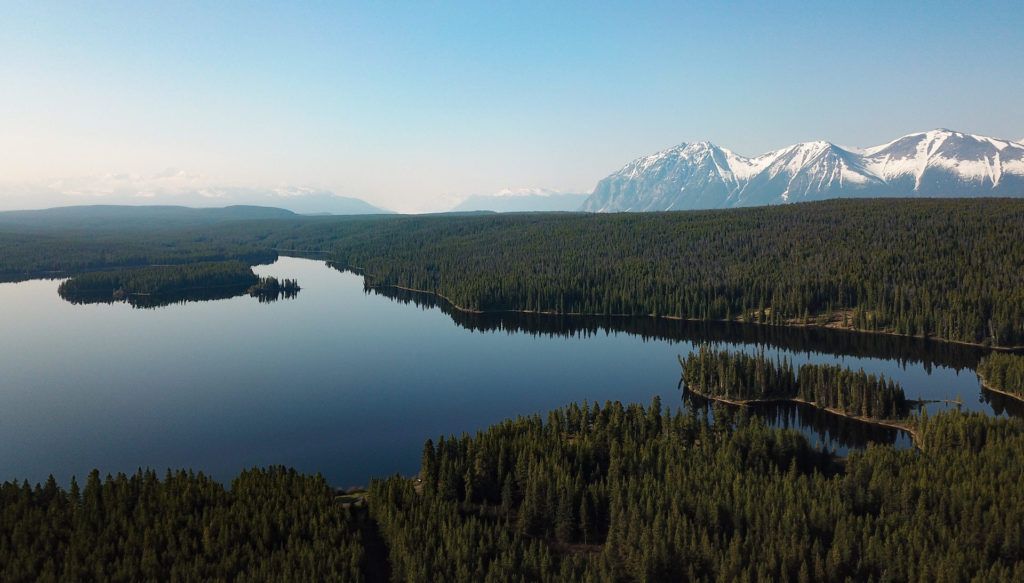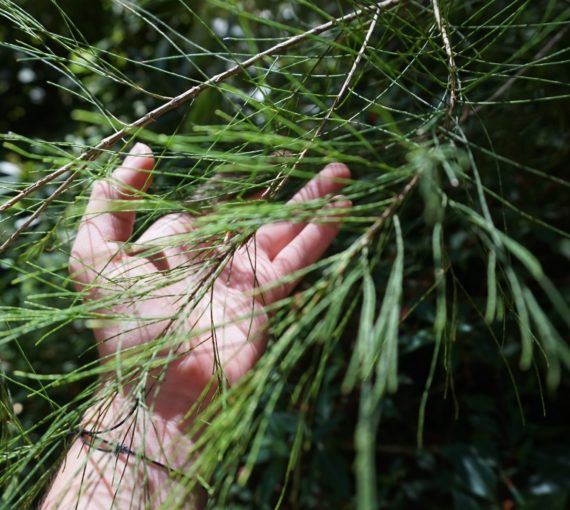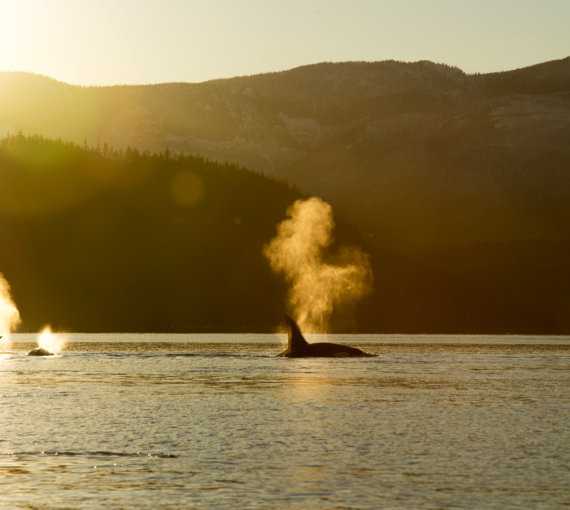
Fish Lake is at the centre of a battle over Taseko's $1.5-billion New Prosperity Mine.
How many times do we have to say “no” to the same project? Taseko Mines’ proposed New Prosperity gold-copper mine has failed two federal environmental reviews, but the company isn’t giving up. The mine, near Williams Lake, threatens to destroy Fish Lake, or Teztan Biny, which is sacred to the Tŝilhqot’in Nation.
Extending Taseko’s provincial environmental certificate for the proposed mine, as the company has asked the B.C. government to do, is not in the spirit of environmental law or reconciliation with Indigenous peoples. This project in its current form is not expected to pass federal environmental assessment standards that took effect in 2017.
Without final approval and a valid environmental assessment, the project should be halted once and for all. Considering the millions of taxpayer dollars spent on reliable environmental reviews that found the project shouldn’t proceed, the B.C. government should reverse its determination to give Taseko a green light to start drilling.
The two federal reviews and the company’s own reports are consistent: There is no logical reason to keep this project alive. Any permit for a project that failed past assessments and is unlikely to meet the new requirements contradicts to the government’s mandate to exercise powers in ways that apply the precautionary principle to protect the environment and human health.
“It is not possible to preserve Fish Lake as a viable and functioning ecosystem while at the same time maximizing the full potential of the defined resource.”
During the 2010 federal environmental review, the company’s own engineers stated, “It is not possible to preserve Fish Lake as a viable and functioning ecosystem while at the same time maximizing the full potential of the defined resource.”
The ghost of this dead project has been haunting the Tŝilhqot’in Nation for more than 20 years. It is taking a moral toll on the people trying to protect their culture and may soon have a physical impact on their sacred grounds. Ignoring the Tŝilhqot’in Nation and federal governments, the province already issued a permit for Taseko to undertake destructive drilling activities.
It allows the company to build 76 kilometres of new roads, drill 122 bore holes, excavate 367 test pits, cut 20 kilometres of seismic lines and install a 50-person work camp near Fish Lake — all allegedly to show the company’s water management plan and mine-waste containment area would not harm the environment.
This impact on pristine land is more than unnecessary in the light of environmental concerns regarding the mine, especially considering how unlikely the project is to pass a new environmental review.
Decimating sacred lands with unscarred nature and profound cultural and spiritual importance for the Tŝilhqot’in people with an intensive drilling program is equivalent to vandalizing a church.
The Tŝilhqot’in Nation has declared Fish Lake sacred and has designated the land surrounding it as the Dasiqox Tribal Park. They have stressed that this area is off limits to resource use and extraction activities that may damage the long-term well-being of ecosystems and people. Decimating sacred lands with unscarred nature and profound cultural and spiritual importance for the Tŝilhqot’in people with an intensive drilling program is equivalent to vandalizing a church.
The B.C. government should reject Taseko’s proposed mine and cancel all associated exploration permits. Final rejection of this project would provide a clear message to industry about what responsible resource development means. It does not mean pushing forward with an ill-conceived project against the will of the people and First Nations, against the advice of experts and in a manner that fails to respect the environment.
As the old saying goes, when you discover you’re riding a dead horse, the best strategy is to get off.
This op-ed was originally published in the Province.
Our Work
Always grounded in sound evidence, the David Suzuki Foundation empowers people to take action in their communities on the environmental challenges we collectively face.



